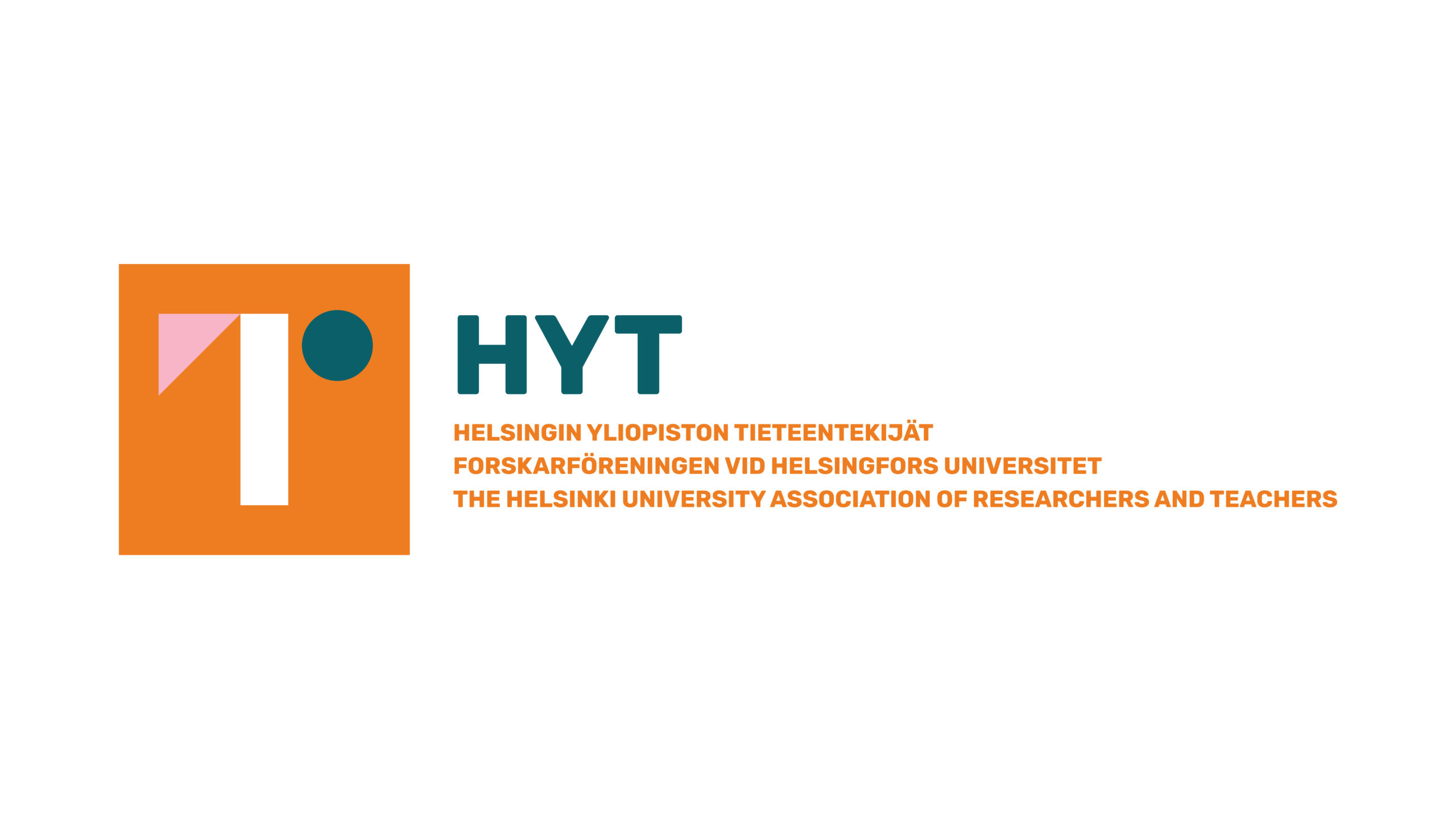The Helsinki University Association of Researchers and Teachers (HUART) carried out an extensive survey among the University’s grant-funded researchers. As many as 260 people took part in the survey! HUART’s grant-funded researchers working group is currently going through the responses and a report on findings will be published in early spring. We will also publish a blog series about the everyday challenges grant-funded researchers face and we will shed light on what their most important wishes and needs are right now. Our first blog entry is based on answers we received to the question: Has the COVID-19 situation (e.g. various emergency measures) caused you particular problems?
“Kollegiaalinen tukiverkko on heikompi”
In 2020, grant-funded researchers were impacted by travel restrictions, cancelled conferences, and delays in data collection, just like their salaried colleagues. Universities’ library, laboratory, and other facilities vital for research have been closed. For grant-funded researchers who have felt they are on the margins of the work community, isolation has become even more real. Meetings with colleagues and supervisors may in fact constitute a grant-funded researcher’s entire work community. Other ties to the university are often weak and teaching jobs or other meetings and events among staff do not necessarily lead to the establishment of a network. The fact that a lonely job became even more lonely has tested grant-funded researchers’ motivation and endurance. One survey respondent summarised the situation as follows: “Kollegiaalinen tukiverkko on heikompi.”
Children at home – research on hold
Many grant-funded researchers who took part in our survey emphasised that pretty much everyone has been impacted by the COVID-19 pandemic and that, for example, combining work with childcare at home is impossible – no matter what form funding may take. Furthermore, grant-funded researchers’ unclear position brought a whole other dimension to this situation and respondents spoke about worries about running into societal structures during the exceptional circumstances. It is clear that targeted communications and unified instructions are vital in a situation where it is difficult to follow official guidelines:
“I postponed the start of my next grant period because I was taking care of my child at home in the spring. In other words, I took some “unpaid leave” between grant periods. However, I did not apply for public support to compensate for the unpaid leave, as I believed it would be absolutely impossible for the system to see a parallel between postponing a grant period and applying for unpaid leave.”
“For one month I did not carry out any research or draw grant funding because it was impossible to carry out research and home school the children at the same time. As a grant-funded researcher, I did not qualify for COVID-19 assistance that month while those with an employment contract in a similar situation would.”
What will happen to further funding?
Many survey respondents were worried about delays in research and how they might affect future funding. Our survey showed that grant-funded researchers ask a lot of themselves both to get additional funding for their research as well as to show the foundation that their research project was worthy of their trust: “I have postponed grant periods because I simply cannot clock enough working hours.” Not even foundations’ pandemic relief measures and supplementary grant application periods have managed to convince all grant-funded researchers that temporary delays to research would not affect future funding.
“I was not able to start my grant-funded work in the time expected. This created pressure to finish it in the given time because we need to provide funders with a report. Many funding agencies have changed their strict procedures during COVID-19, but again it’s a race with so many other competitive researchers, that we need to be really careful and work hard to complete our work and have a positive output.”
What could the university do to support grant-funded researchers during the pandemic?
The University could have demonstrated that it cares about grant-funded researchers by making sure its communications and instructions about the exceptional circumstances are directed at them. Instructions regarding exceptional circumstances have almost exclusively been addressed to “staff”. The same problem is found in the “staff survey” regarding the impact of the exceptional circumstances on work. The title says it all. The survey was not distributed to grant-funded researchers at all, even though it offers respondents the opportunity to state that they are a grant-funded researcher. Taking grant-funded researchers into consideration constitutes both big and small actions. Investing in more inclusive communications is a small action with a big impact.
